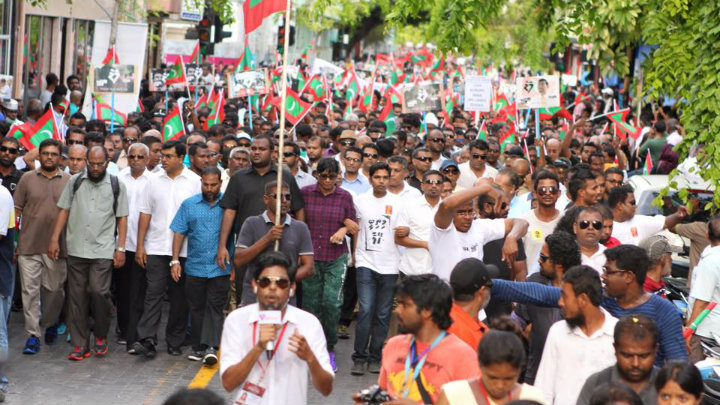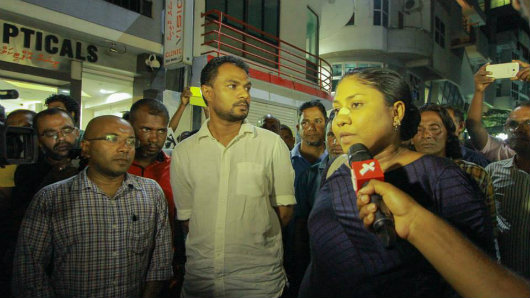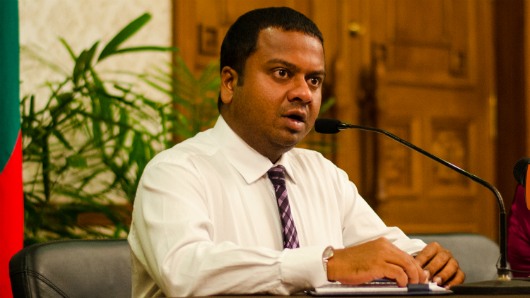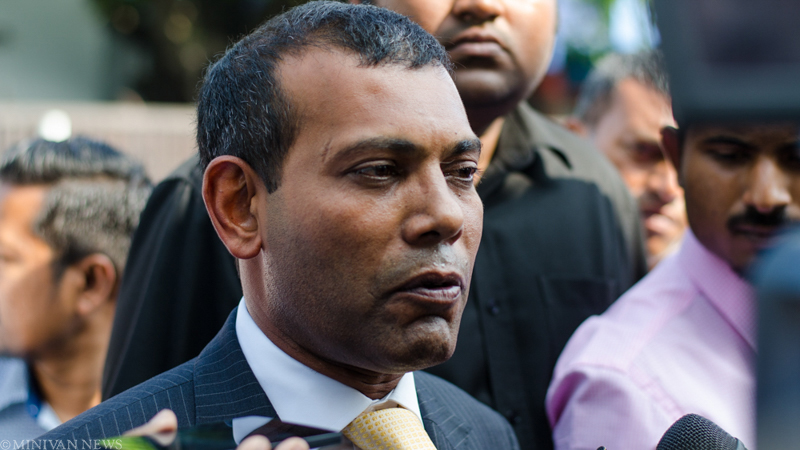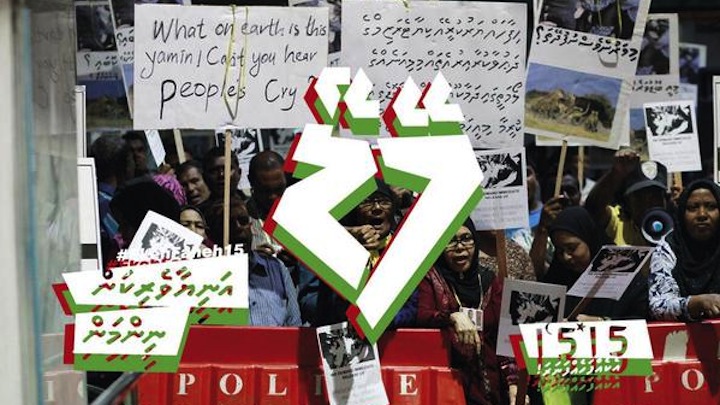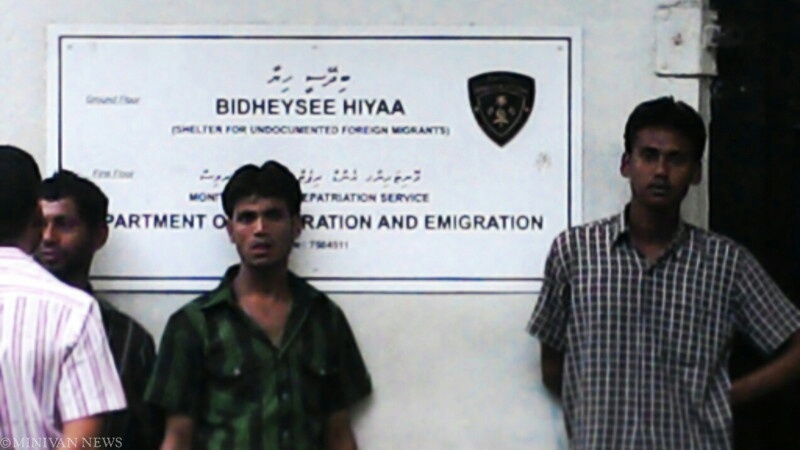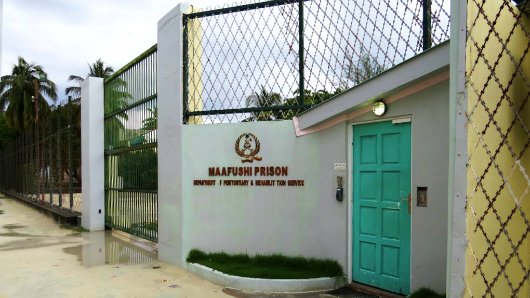The state owned utilities company Fenaka Corporation has dismissed two employees without notice for their alleged participation in an antigovernment protest on May Day, amidst growing concern that other state owned companies are considering similar actions against opposition supporting employees.
“The notice for dismissal I received said I had taken part in an act against the state. But my contract does not state I cannot take part in political activities,” Ibrahim Didi, a Fenaka employee told Minivan News today.
A Fenaka supervisor in Addu City, Abdulla Sodig, was accused of traveling to Malé to participate in the May Day protest and was fired.
“I was in Male’ but I did go to the protest. I have requested the company to review the situation and reverse their decision,” he said.
Nearly 200 people were arrested and scores injured when violent clashes broke out in the capital Malé.
Approximately 20,000 people took to the streets on Friday against the imprisonment of ex-president Mohamed Nasheed in the largest antigovernment protest in a decade. Two police officers were also severely beaten.
On Saturday, ruling party MP Ahmed Nihan urged the government to track down civil servants and employees of state owned companies who had participated in the protest and dismiss them immediately.
The Maldives Ports Limited (MPL) had earlier warned employees it would fire anyone seen at the May Day protest, but a senior manager Ahmed Athif said the company has not yet received any reports their employees had taken part in the protest.
Employees of the Maldives Customs Services told Minivan News they are being shuffled between departments due to their political views.
“We haven’t gotten direct threats or anything like that but people are being shuffled around departments because of their political views. These are acts of intimidation,” a senior officer who wanted to remain anonymous said.
He also said employees are asked to attend ruling party events even as they face reprisals for taking part in opposition activities.
“We got an internal memo asking to participate in a PPM event earlier. It said employees are advised to attend the event to show support for the ruling party,” he said.
But the commissioner general of customs Abbas Adil Riza rejected claims of intimidation.
“The customs always has and will always follow the rule of law. We will not intimidate or scare our staff,” he said.
Meanwhile, a former customs employee has said he was fired for taking part in an opposition demonstration on February 27.
“I served for 36 years in the government out of which 34 years I spent in the customs. I took part in the opposition February 27 protest and was asked to either resign or face being fired. I resigned,” he said.
In March, at least four employees of State Electric Company Limited (STELCO) and one from Malé Water and Sewerage Company (MSWC) were dismissed, and at least five were suspended from MPL over the February 27 demonstration.
